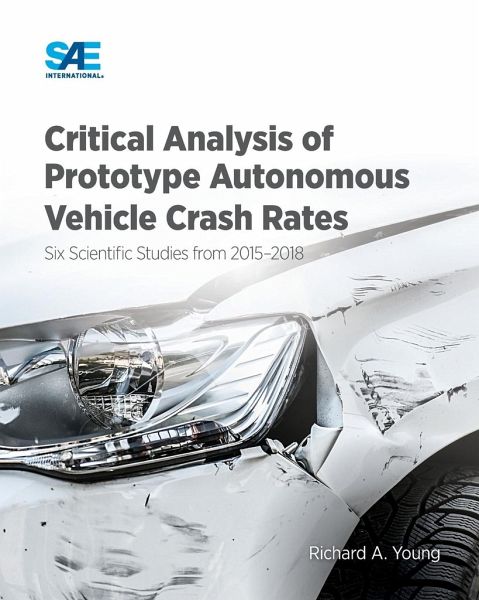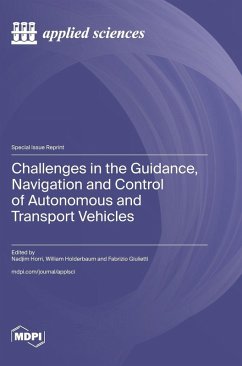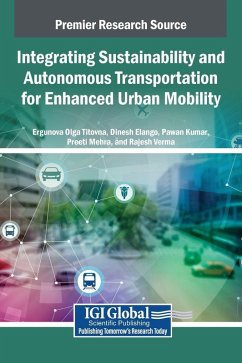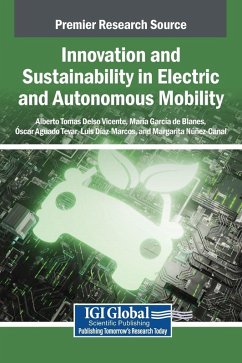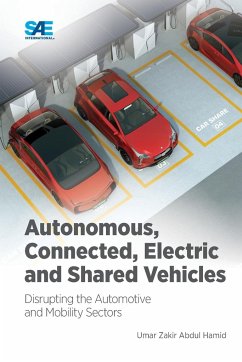Richard A. Young is President of Driving Safety Consulting, LLC, in Troy, Michigan. He has published over 70 papers, 17 with SAE. He is active on the following SAE committees: Safety and Human Factors Standards Steering Committee; Driver Metrics, Performance, Behaviors and States; Driver Vehicle Interface; Guidelines for Voice Interaction in Driver Vehicle Interface; and Driving Automation Systems. Until June 2016, he was a Research Professor of Psychiatry and Cognitive Neuroscience at Wayne State University in Detroit, Michigan, with a joint appointment in the School of Medicine and the College of Engineering. He assumed those positions after retiring from General Motors (GM) in 2009 after 25 years.Dr. Young received his PhD degree in experimental and physiological psychology with highest honors from New York University. His PhD thesis focused on human color perception, with Professor Edgar E. Coons as Thesis Advisor and Professor Leon Festinger as Research Advisor. He then received a Harvard Fellow award to investigate the neural mechanisms of learning with Professor Richard Thompson. He next accepted a Postdoctoral Fellowship at the University of California at Berkeley with Professor Russell De Valois. AtBerkeley, Dr. Young did single-unit recordings in the monkey's visual system to investigate the neural mechanisms underlying color and form vision. He continued that research at the University of Oregon with a joint research appointment in the Psychology and Biology Departments. Dr. Young then accepted an offer from Apple Computer in technical support, where he supported Steve Jobs in the world press introduction of the Lisa computer in 1984. He then joined GM in the Computer Science Department at GM R&D, where he developed robot vision systems for 15 years based on his knowledge of the neural mechanisms of human vision. Next, he transferred to the Human Factors Department in GM Engineering, where he stayed for ten years, becoming GM's Global Lead in driver workload and driver vision.Over the last 20 years, Dr. Young's primary research interests have been in the effects of secondary tasks on driver attention and performance, particularly cell phone conversation. He was the first to suggest that cell phone conversation does not increase crash risk and has done much research and published many journal articles concerning that topic. He has also recently served as an expert witness in legal cases concerning cell phone conversation, driver distraction, and crash risk.Dr. Young began investigating autonomous vehicle safety. He found that many journal articles, company reports, and academic papers made safety claims (both positive and negative) about autonomous vehicles that contained systematic errors, biases, and best practice violations. This observation compelled him to write this book to improve the validity of future studies of autonomous vehicle safety.
